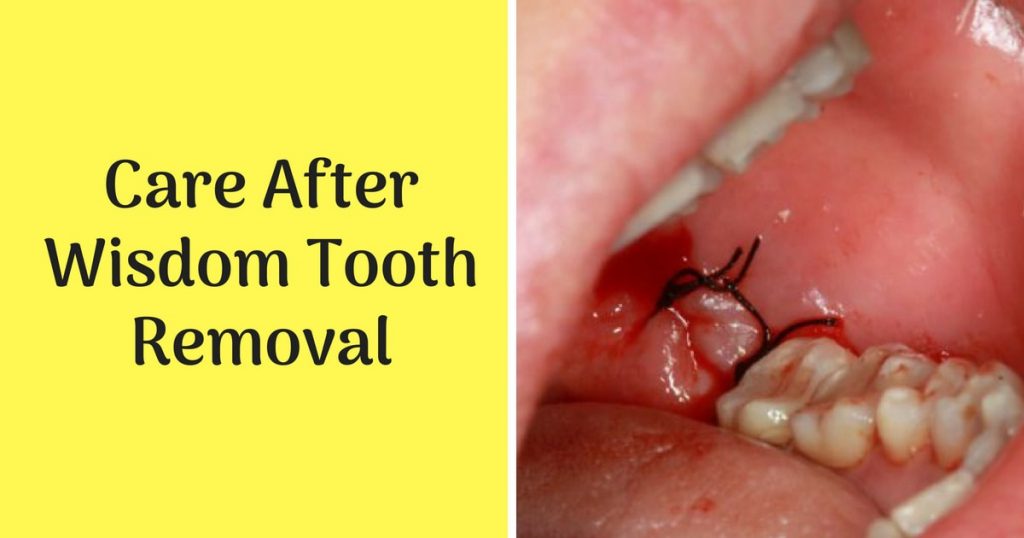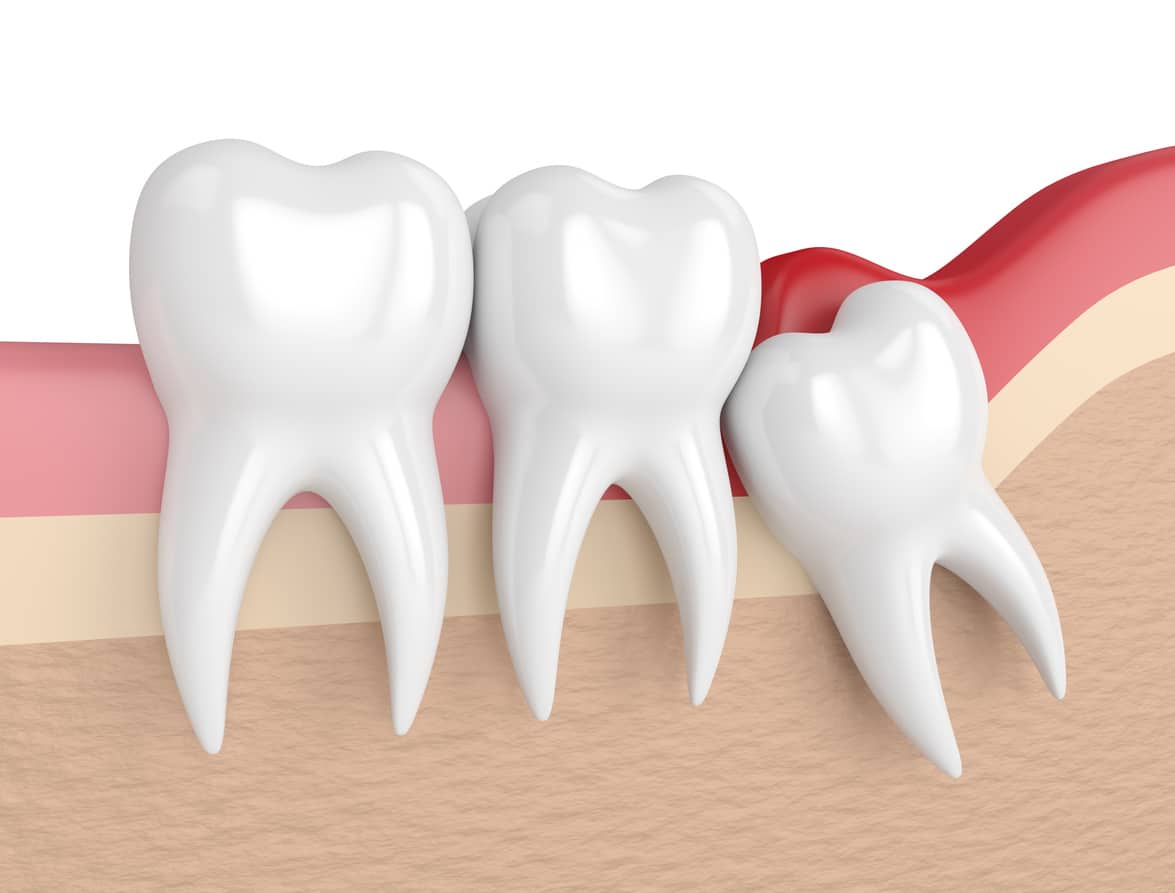Wisdom Teeth Removal Aspendale: Post-Procedure Treatment and Healing Tips
Wisdom Teeth Removal Aspendale: Post-Procedure Treatment and Healing Tips
Blog Article
Exploring Various Sedation Options for a Comfortable Wisdom Teeth Extraction Experience
The use of sedation throughout such treatments has actually become significantly common to relieve stress and anxiety and pain. With a variety of sedation alternatives offered, from local anesthesia to general anesthesia, each approach provides varying degrees of relaxation and pain control.
Neighborhood Anesthetic
Local anesthetic is a commonly utilized method for numbing certain locations of the mouth during wisdom teeth removal procedures. By providing an anesthetic, such as lidocaine, a dental practitioner can guarantee that the patient stays comfy and pain-free throughout the removal process. Regional anesthesia works by temporarily blocking the nerves in the mouth, avoiding them from sending discomfort signals to the mind. This allows the dental practitioner to do the extraction without triggering any pain to the client.
One of the primary benefits of regional anesthesia is its targeted numbing effect, which means that only the particular area being treated is influenced. This localized method lessens the risk of systemic side impacts and permits for a quicker recuperation post-procedure. In addition, neighborhood anesthesia is thought about to be a risk-free and routine technique in dentistry, with minimal risks entailed when administered by a skilled expert.
Laughing Gas
Nitrous oxide, typically referred to as giggling gas, is a type of sedation commonly made use of in dental care to assist patients loosen up during dental treatments. It is a safe and efficient method that involves breathing in a combination of laughing gas and oxygen with a mask put over the nose. One of the essential advantages of nitrous oxide is its quick beginning of action, commonly within mins, providing nearly immediate relaxation for the client. This sedation option enables the client to remain receptive and mindful throughout the treatment while feeling secure and comfy.
In addition, laughing gas is known for its rapid recovery time. When the mask is eliminated, the effects of the gas subside promptly, allowing clients to resume their regular activities without sticking around sedative effects. This makes laughing gas a practical selection for those that need to drive themselves home after the oral consultation. Furthermore, nitrous oxide appropriates for clients of any ages, making it a flexible sedation choice for wisdom teeth removals and various other oral treatments.
Oral Sedation
Dental sedation, a pharmacological method employed in dentistry, involves the management of sedative medicines by mouth to cause a loosened up state throughout dental treatments. This form of sedation is typically utilized for clients undertaking wisdom teeth removal to reduce anxiety and pain. The medications recommended for dental sedation belong to a course of medicines called benzodiazepines, which have sedative, anxiolytic, and amnesic buildings. Normally, the client takes the suggested drug prior to the procedure, permitting enough time for the sedative results to take hold.
Unlike intravenous sedation, dental sedation does not need injections or needles, making it an extra comfy alternative for people with a concern of needles. Furthermore, dental sedation is thought about risk-free and efficient when provided by qualified dental experts.
IV Sedation
Administered intravenously by trained clinical specialists, IV sedation is an effective technique used to cause a regulated state of deep leisure and unconsciousness throughout oral treatments. Unlike oral sedation, which can be uncertain in its effects, IV sedation enables accurate control over the degree of sedation, making it an ideal selection for complex treatments like knowledge teeth extractions.
During IV sedation, a sedative medication is supplied directly right description into the bloodstream via a capillary, allowing it to take result quickly and effectively. This method guarantees that the individual remains comfy and uninformed of the procedure while still maintaining essential features such as breathing and heart rate.
One of the primary benefits of IV sedation is its capability to give a deeper level of sedation compared to other approaches, making it especially ideal for patients with high levels of anxiousness or those undergoing comprehensive dental job (wisdom teeth removal aspendale). In addition, the impacts her comment is here of IV sedation normally diminish progressively after the procedure, reducing the possibility of grogginess or lingering adverse effects. On the whole, IV sedation supplies a effective and safe alternative for ensuring a comfortable and worry-free experience throughout wisdom teeth removal

General Anesthetic
Having actually talked about the benefits of IV sedation for knowledge teeth removal, the application of basic anesthetic offers a different option for people requiring a much deeper degree of unconsciousness during dental treatments. General anesthetic causes a regulated state of unfamiliarity, ensuring the client really feels no pain or pain during the extraction procedure. This approach is particularly helpful for individuals with severe oral anxiousness, complex medical requirements, or those undergoing several removals all at once.
General anesthesia is carried out by a trained anesthesiologist that carefully keeps track of the person's essential signs throughout the treatment. It involves the use of intravenous medications or breathed in gases to cause a state of unfamiliarity. While under basic anesthesia, the patient will not understand the surgical treatment, experience any pain, or have any kind of recollection of the procedure afterward.
Although basic anesthesia is safe when carried out by qualified specialists, it lugs a slightly greater danger compared to other sedation options - wisdom teeth removal aspendale. Individuals taking into consideration general anesthesia for wisdom teeth removal need to review the prospective dangers and advantages with their dental practitioner or oral specialist to make an informed decision based upon their specific needs and clinical background

Verdict
In verdict, different sedation choices are readily available to make certain a comfy knowledge teeth extraction experience. Oral sedation and IV sedation deal much deeper degrees of relaxation, depending on the individual's requirements.
Nitrous oxide is appropriate for clients of all ages, making it a functional sedation choice for knowledge teeth my company extractions and various other oral treatments.

Report this page